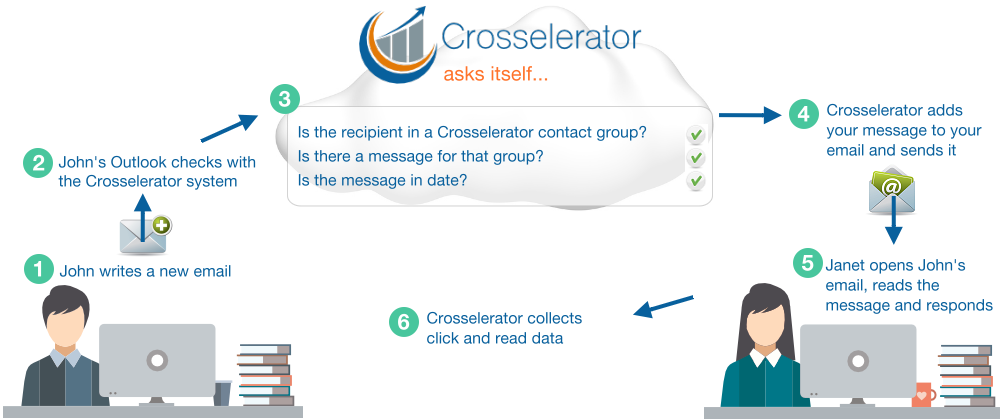


If you ask an insurer what the three biggest risks are when providing cover to a law firm they will likely respond with ‘conveyancing, conveyancing and conveyancing’. An ever-increasing market pressure on price and a push towards high-volume, low-margin workloads in an extremely competitive market are doing nothing to reduce a law firm’s exposure to […]
Read More
CRM stands for Contact/Customer/Client Relationship Management, where “contacts” include clients, introducers, business partners and prospects, so you want to capture and use information on all of these; but much is missed, so can never be acted upon. CRM is high on the agenda again, prompted by increasing recognition of the value of informed relationships to […]
Read More
With Douglas Millar “Growing the link profile of a website is critical to gaining traction, attention, and traffic from the [search] engines. As an SEO, link building is among the top tasks required for search ranking and traffic success.” Moz The importance of link building Approaching its 20th birthday later this year, Google is still […]
Read More
Facebook is the grandaddy of social media. Founded in 2004, it is by no means the oldest service, but by a huge margin it is the largest, boasting in excess of two billion users worldwide. Although it is used primarily for personal networking purposes, documenting the lives and thoughts of its users to help them […]
Read More
There have been two distinct waves of foundings of alternative legal services providers (ALSPs): one from 1999 to 2007, including outsourcing companies such as Integreon, Axiom, Relativity, Consilio, Exigent, Pangea3 and Lawyers On Demand; and then another from 2010 to 2015, including the new wave of tech companies such as Neota Logic, Ravel Law, ROSS […]
Read More
Under the Bar Council scheme launched in 2004, members of the public and businesses may now instruct barristers directly and without the intervention of a solicitor. There has been a lot of talk and discussion on this new “freedom” since then, along the lines of the following questions: Will it benefit members of the public? […]
Read More
The answer to this question is, of course, “It depends.” It depends on the context. First, let’s get some terminology out of the way. We are all familiar with a domain name, like example.com. The bit in front of a domain name, www or whatever, is a subdomain. The domain name without any prefix is […]
Read More
Legal research is regarded as one of the necessary expenses of the legal profession. It’s a task that needs to be done to ensure that arguments are robust, and to build the most comprehensive case possible, but it is a time-consuming task. This is why legal research is often delegated to trainees and newly qualified […]
Read More
This article is about a new product created by my firm called Crosselerator™ which I immodestly believe is likely to be one of the most profitable pieces of software for users that they’ll ever own. It was producing enquiries for us almost as soon as we started using it, and as I write this (Jan […]
Read More
It’s already past the season for annual predictions which have become a staple of the legal tech media. Generally these predictions rely heavily on the direction taken by technologies in the last year, so I thought it would be more fruitful to look at what we collectively learned in 2017, without any added crystal ball-gazing. […]
Read More
AI and robots in law practice From Brian Inkster: AI continued to be a de rigueur slot in legal technology conferences during 2017. But delegates inevitably left these conferences none the wiser as to what they are actually supposed to do with AI in their own legal practices or how much it might cost them. […]
Read More
The Online Court From Paul Magrath: The Online Court is probably the most significant element in the massive ongoing HMCTS Reform programme, and the one which will have the greatest long term consequences in changing how justice is accessed and administered. The year began with a lecture at Gresham College by Joshua Rozenberg, based on […]
Read Moreinfolaw Limited 5 Coval Passage London SW14 7RE Registered in England number 2602204 VAT number GB 602861753